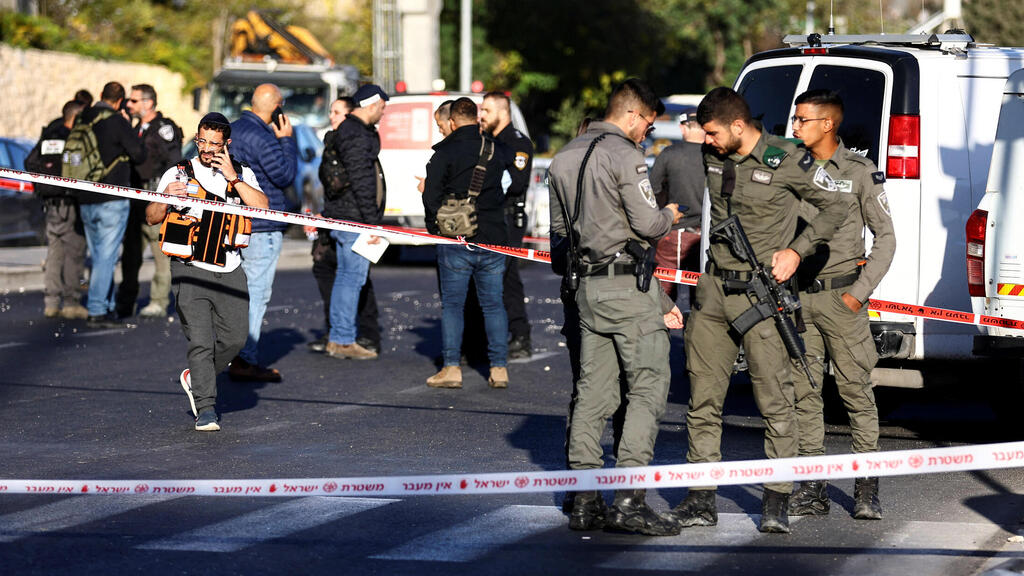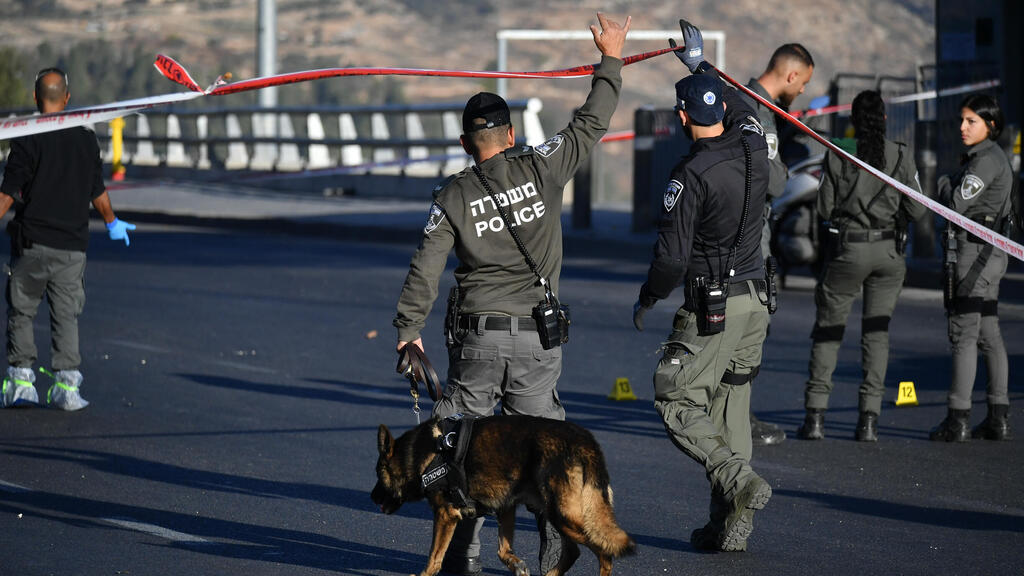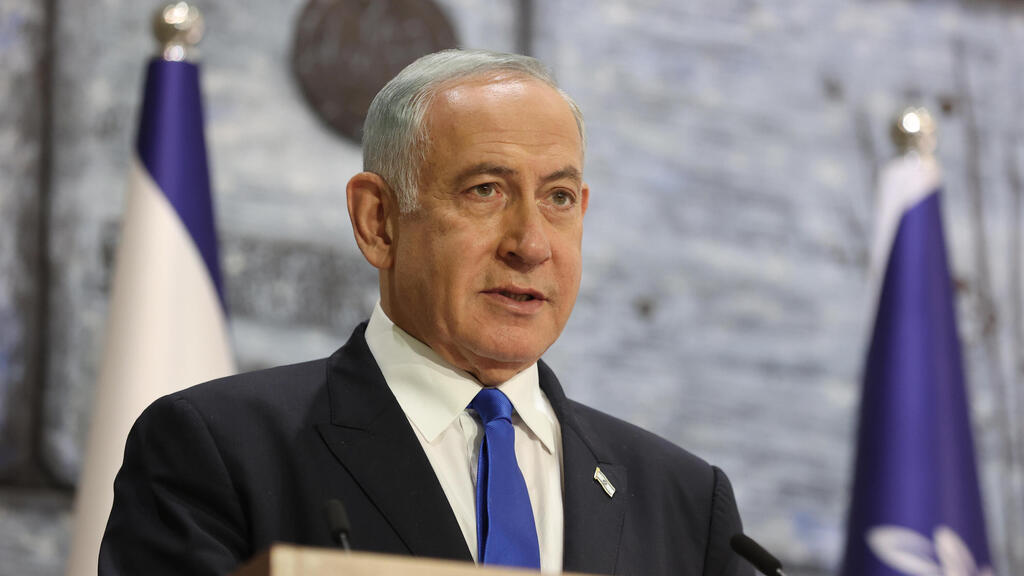Two days ago, family members visiting from abroad asked me if it was safe to travel to Jerusalem and visit the Western Wall, the Church of the Holy Sepulcher, or the Mahane Yehuda market.
With a few smiles around the table, the bottom line was this: “All eyes are on Qatar this month. The terrorists are also watching the games, and the attacks will surely resume only after the final and the trophy ceremony."
Well, this was wrong. Even the biggest sporting event in the world couldn’t disconnect us from the complex security reality in this region. Within a few hours, terrorists kidnapped from the hospital the body of an Israeli who was wounded in a car accident in the West Bank, while two consecutive and very serious bomb attacks shocked the capital of Jerusalem, killing one and wounding dozens more.
Make no mistake: This was not part of a wave of individual attacks. This was a significant escalation, the sort of attack we’ve not seen in Israel for many years.
The perpetrator wasn’t a “lone wolf” who, for personal or extreme ideological reasons, decided one morning to pull out a knife from the kitchen drawer and attack an Israeli. It was not a motorist driving his car and on a moment's impulse decided to speed toward a bus stop and plow into anyone standing there.
This was a different type of organization, much more complex and sophisticated. There was a squad of terrorists who gathered intelligence, carried out observations, collected materials, and planned the event in detail. There was even an explosives laboratory to assemble the bomb.
Unfortunately, the security establishment faced a significant intelligence failure Wednesday morning, because an attack of this type - planned and organized - leaves intelligence traces. In this case, Israel's internal security service the Shin Bet failed to discover these traces in time to prevent the complex and difficult attacks.
The security forces execute constant countermeasures and in most cases score great successes. But even the most successful defense systems are not completely hermetic. Or in terms that unfortunately every Israeli knows very well - even the Iron Dome fails to stop all the rockets from Gaza.
Let's not forget the political angle either. The timing of a change in Israel's government does not contribute to security stability. Terrorist organizations recognize this and take advantage of the situation without mercy.
The results of the November 1 elections are clear: Benjamin Netanyahu will be the next prime minister and the Israeli government will be right-wing. There is no debate about that, and in light of the result, there is no other option either.
Therefore, all politicians from the Netanyahu bloc would do well to settle their squabbles concerning the distribution of the spoils around the cabinet table and establish a stable government today.
But when parliament members from the right wing are busy attacking Israel's outgoing defense minister for being “responsible” for the latest attacks, it’s no wonder terrorists recognize this as a good time to harm us.




